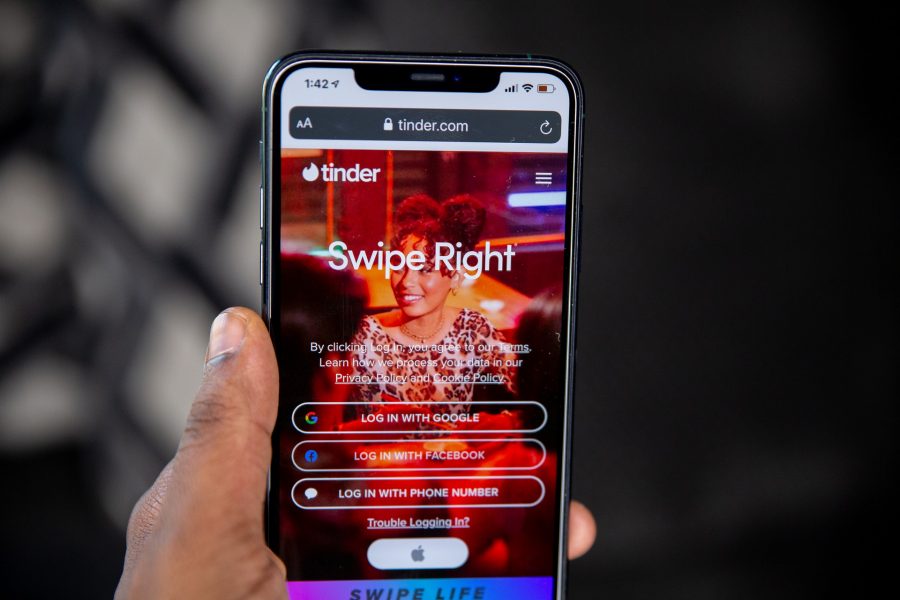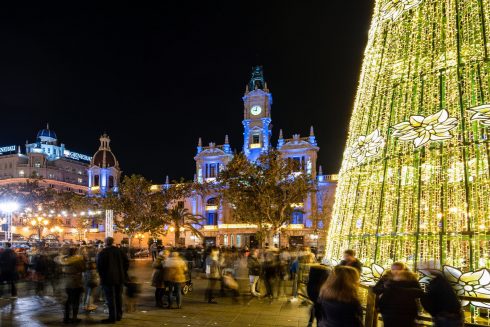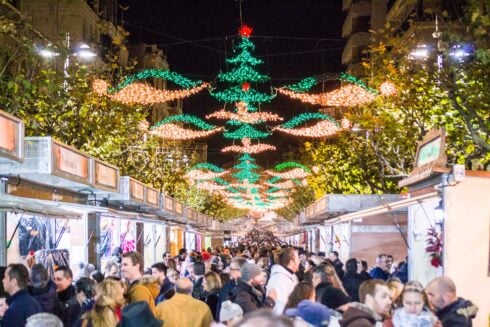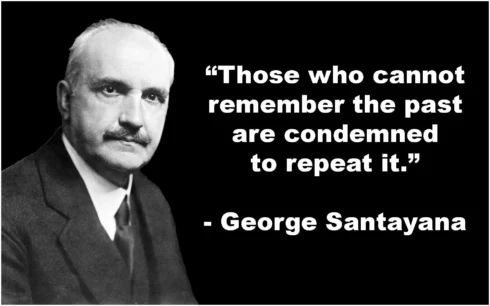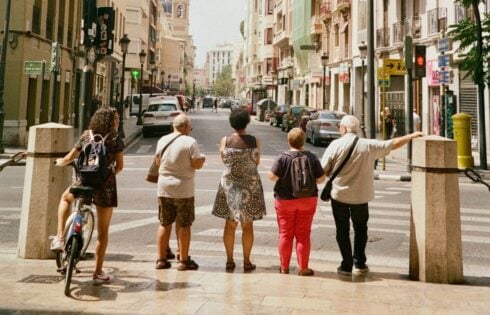SWIPE left is slowly being replaced by “dating app fatigue” as the new buzzword around online dating in Spain, according to recent media reports.
Apps like Tinder and Bumble lost 17 million global subscribers in 2024, with overall downloads down by 20%.
Tinder then reported a 7% drop in paying users during the second quarter of 2025.
As talk of “dating app fatigue” spreads across Spanish social media and talk shows, many are asking the same question: are dating apps on the way out?
Madrid-based couple psychologist Adrián Chico told La Vanguardia this week he meets more and more clients who are “exhausted” by endless matches and fleeting connections.
“They go on countless dates, meet dozens of people, and yet feel completely alone, convinced they’ll never find someone to share their life with,” he said.
Chico added that dating apps have created a strange paradox: a surge in quantity, but a collapse in quality.
The phenomenon is clearly taking hold in Spain.
A 2025 study by Ipsos and the app Bumble found that 61% of Spanish users feel tired or demotivated by the lack of genuine connections – and one in three said conversations “never lead anywhere.”
Matchmakers resurgence
Olive Press readers will remember last summer’s bizarre Tinder-dona craze, when placing a pineapple upside down in your Mercadona shopping trolley between 7 and 8pm would help you find love.
Was it the dawn of a new dating era?
Not quite. But traditional matchmaking agencies and speed-dating events are seeing a resurgence across Spain.
Carme Banús, founder of SamSara Matchmaking in Barcelona, told El País she has noticed a steady rise in clients since the COVID-19 pandemic.
“For the past four or five years, around 80% of the people who come to us have previously used dating apps. and they arrive disappointed,” she said.
“Some tell me they’re tired of chatting online, others ask if we have ‘normal people’ here. I don’t know what kind of people they’re meeting on the apps, but they come looking for something real.”
Banús added that, beyond dating fatigue, privacy concerns are also driving clients back to human matchmakers.
She recalled one university professor who signed up with her agency after being matched with one of his own students on a dating app.
Faith, friendship and fresh formats
Other reports suggest it’s not dating apps themselves that are to blame, but the behaviours they encourage.
While usage of Bumble’s dating features fell by 8% in the final quarter of 2024, its spin-off Bumble For Friends – which helps users expand their social circle – saw a 540% rise compared with the previous year.
The same pattern is emerging in the world of romance.
A new wave of dating apps is matching users through shared values and beliefs rather than appearances alone.
The dating app for single Christians, SALT, has seen steady growth since its launch in Spain in 2022.
In 2024, while mainstream platforms were shedding subscribers, Salt’s user base grew by 29% in Spain, according to company data.
Apps like Salt show that when online dating rewards genuine connection, rather than compulsive swiping, users are ready to fall back in love with love itself.
Click here to read more La Cultura News from The Olive Press.

